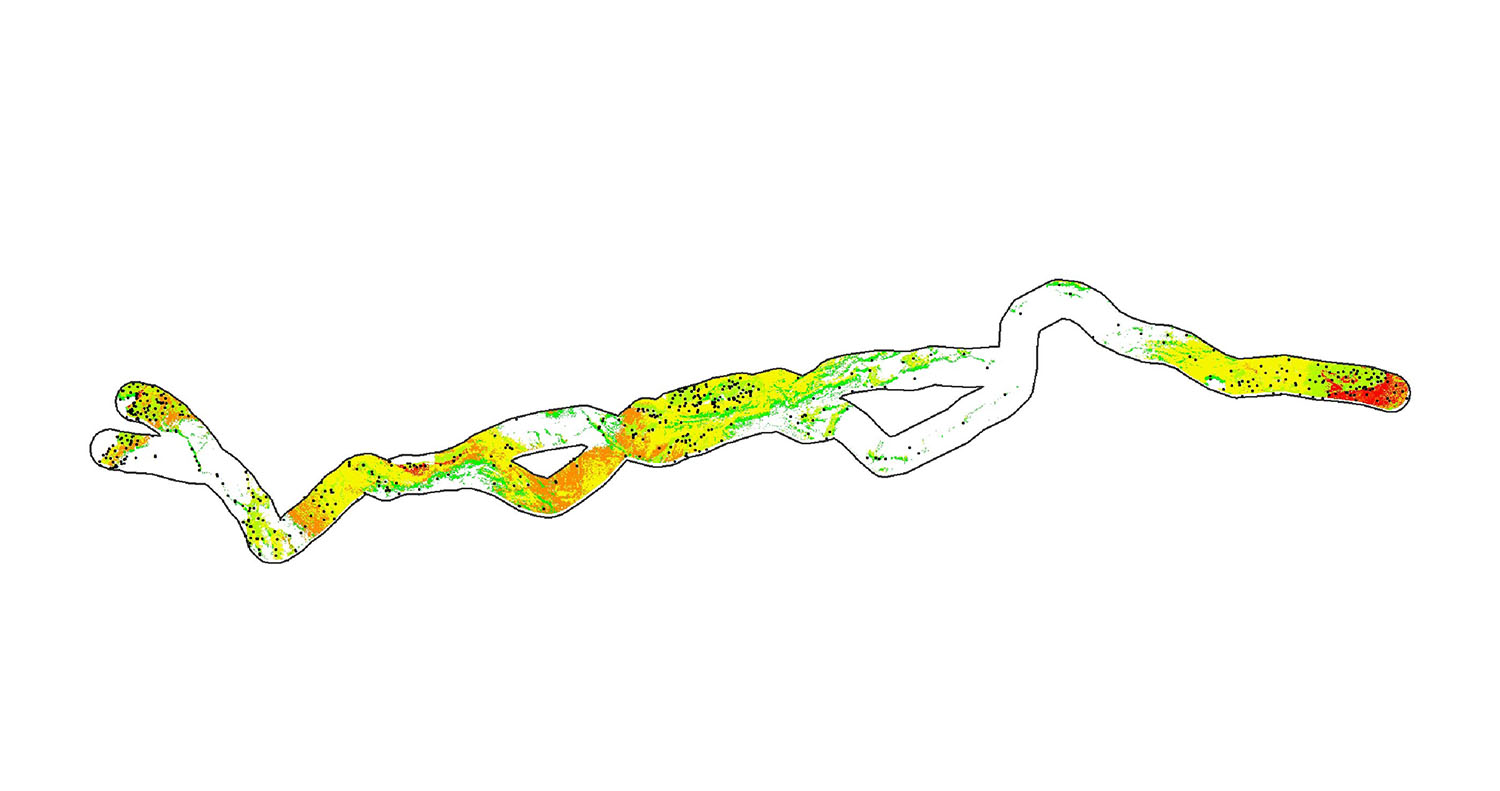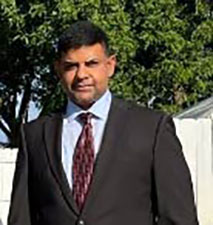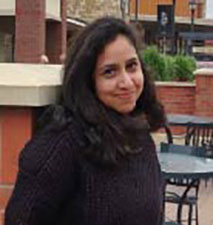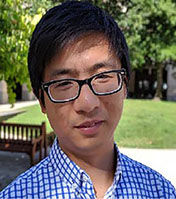Cross-Lab Initiative for Urban-Rural Continuums (URCs) along the Silk Roads
Project Overview
Silk Roads, a major human infrastructure connecting Europe with East Asia, played important role in promoting human civilization and society formation. Among the many routes, the 14800 km long one that rans from the Mediterranean coast to Xian in western China is the core. Over 700 modern cities fall in a 100-km buffer zone (2.85 million km2), including nine capital cities of the 11 countries. Some of these cities have long history, being established prior to the Silk Roads. For example, Baghdad was one of the earliest societies before Persian empires, and Xian in China and Tehran in Iran served as the bases of major empires. Geographically, these routes were shaped by avoiding major deserts (e.g., the Karakum Desert) and glacier mountains (e.g., the Tianshan), allowing for minimal exposures to climate extremes and easier access to water that in other parts of the Asian Drylands Belt (ADB). Our cross-lab efforts are made to examine these cities through the lens of urban-rural continuum (URC). Multiple social-environmental conditions along eight directions from the urban center to rural landscapes were explored for anisotropic changes, their interdependencies, and the spatial aggregations of the URC in different parts of the Silk Roads.

Land cover and distributions of cities within the 100 km of the Silk Roads
Project news
Two presentations will be made at 2023 IALE and AGU annual
TBD
TBD
Open Data Resources
We share data with the broader community. The latest information and resources from our project can be found here for exploration and education.
Data use policy
The Data sharing policy is under development! Use of this data is for demonstrative and educational use only. To publish this data or apply it in other for-profit endeavours, please contact Dr. Jiquan Chen for information.
Publically Open data
- Access and download datasets:
- Satellite Data
- Spatial Data
- Socioeconomic Data
- TBD
- TBD
Publications
Journal Articles
Team Members
/images/jchen.png) |
Jiquan Chen | Professor, MSU PI Michigan State University |
jqchen@msu.edu |
/images/Yousef.jpg) |
Yousef Khajavigodellou | Research Assistant Michigan State University |
khajavig@msu.edu |
 |
Ranjeet John | Assistant Professor, USD PI University of South Dakota |
Ranjeet.John@usd.edu |
/images/kolluru.jpg) |
Venkatesh Kolluru | PhD Student University of South Dakota |
venkateshkolluru95@gmail.com |
 |
Sakshi Saraf | PhD Student University of South Dakota |
Sakshi.Saraf@coyotes.usd.edu |
 |
Li Tian | Associate Professor, CAS PI IGSNRR-CAS |
tianli@igsnrr.ac.cn |
 |
Lifeng Zhao | Gaduate Student IGSNRR-CAS |
ZLF198618085972620@outlook.com |
 |
Wei Fang | Assistant Professor, PU PI Pace Unviersity |
wfang@pace.edu |
 |
Peilei Fan | Professor, TU PI Tufts University |
peko100@gmail.com |
 |
Zutao Ouyang | Assistant Professor, AU PI Auburn University |
Zutao.Ouyang@Gmail.Com |
Contact
Center for Global Change and Earth Observations
202 Manly Miles Bldg. 1405 South Harrison Road Michigan State University, East Lansing, MI 48823

